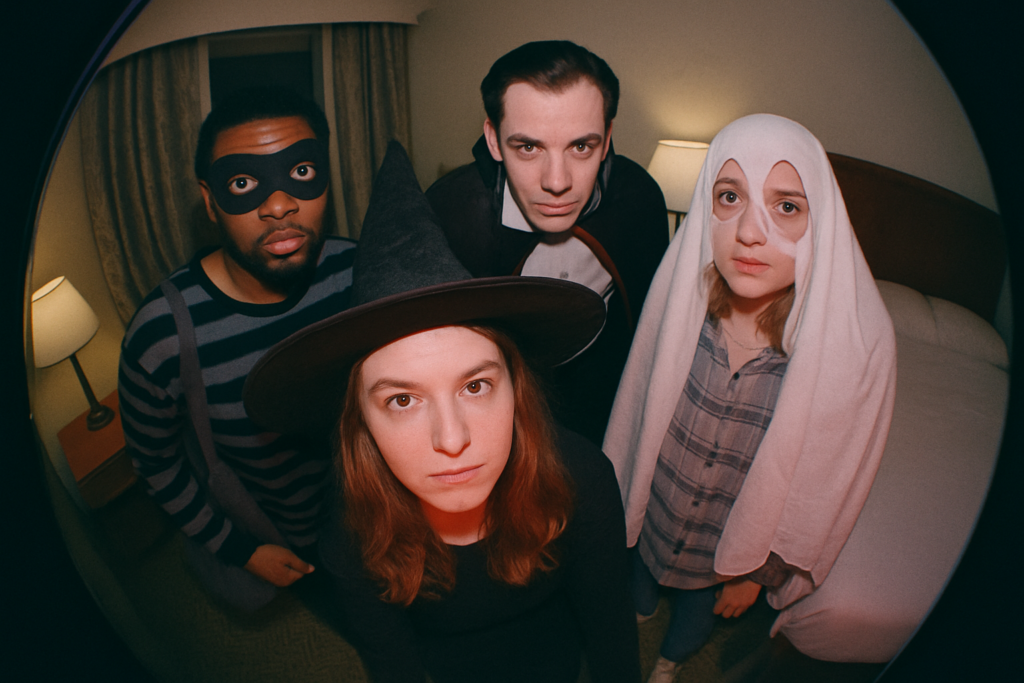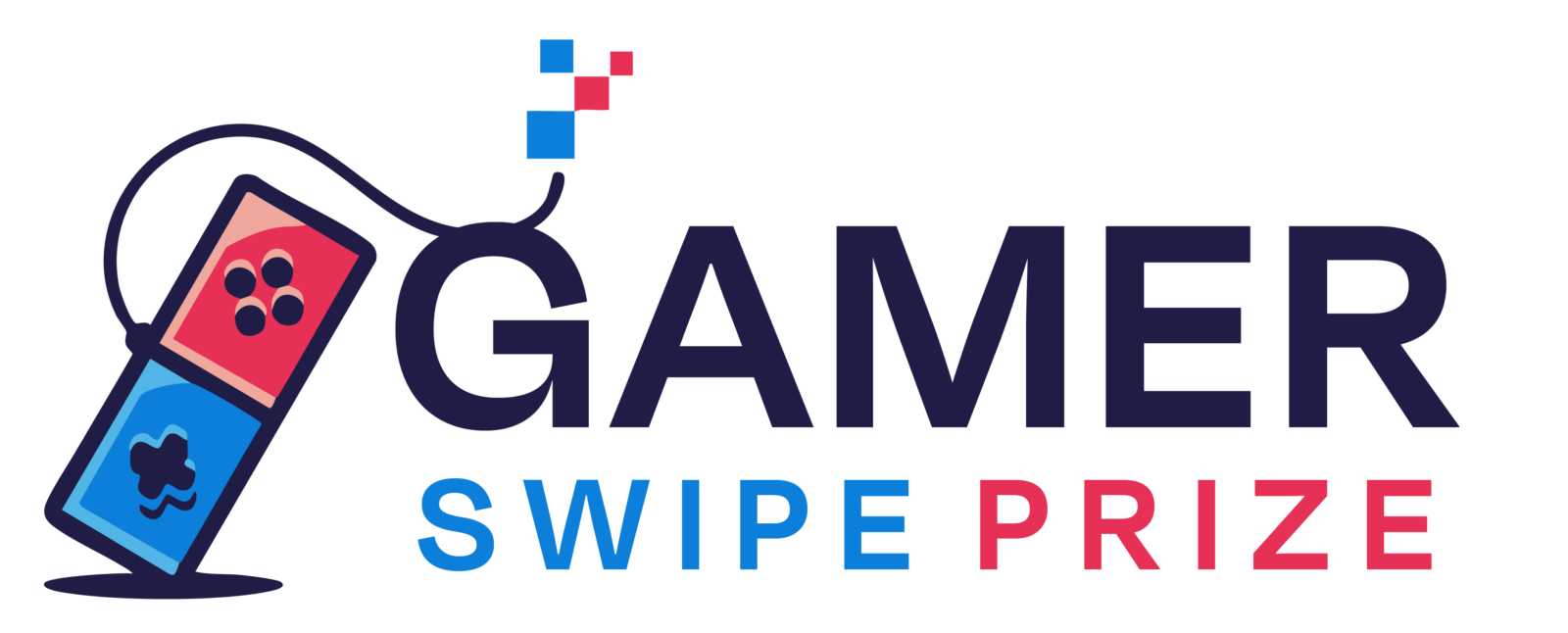What’s the Deal with 6314028138?
At first glance, 6314028138 just looks like another phone number. It’s got the 631 area code — tied to Suffolk County, located on Long Island, New York. But if you’re getting calls from this number you didn’t ask for, it’s smart to pause before calling back or replying in any way.
A quick scan across forums and call reporting sites shows a pattern: people receiving calls from 6314028138 that either hang up immediately or attempt to engage under suspicious pretenses — fake surveys, questionable offers, or claims about unpaid balances. In short, it checks the usual boxes in the robocall and scam call playbook.
Recognize Patterns to Stay Ahead
If there’s one habit worth building, it’s recognizing patterns that signal a scam. These include:
Calls from unknown numbers where no one answers A message insisting there’s an urgent legal or financial matter Requests for personal or financial information Numbers that appear local but use generic messages
And 6314028138? It fits those flags more than once. Reports suggest it might be part of spoofing tactics — where the caller ID is faked to seem trustworthy or local.
Should You Call Back?
Nope. Don’t return the call. That temptation to ring back for “just a second” can cost you.
Scammers love callbacks — they can turn a quick redirection to a highrate number or engage you just long enough to phish personal info by asking the right openended questions. Ironically, picking up or calling back helps confirm that your number’s active, which is exactly what spammers want.
Think of it this way: No legit company coldcalls you from a strange number demanding critical data in under 90 seconds.
Block or Report — or Both
Best move? Block the number. Phone OS platforms like iOS and Android have builtin blocking features. Here’s how to do it efficiently:
- Go to your recent call log.
- Tap the “info” button next to the number (like 6314028138).
- Look for the “Block this Caller” option.
On top of that, report the number. It doesn’t take long and helps build the broader database that watchdog services can act on. Use:
FTC Complaint Assistant FCC Unwanted Calls Major apps like Truecaller or Hiya to flag the number to other users firsthand
How Did They Get My Number?
Let’s be blunt. Chances are, your number’s already out there. Phone numbers can leak from:
Signing up for free giveaways or quizzes Using public WiFi hotspots where no encryption is in place Data breaches from retailers and social platforms Accepting app permissions too freely
It doesn’t take much. Once scammers have one piece of real info (your number), they load it into systems that test names, emails, and locations by observing what gets responses.
If you’ve received calls from 6314028138 more than once, it likely means your number’s on an autodial list. That doesn’t mean it’ll continue forever, but it’s a red flag to tighten your data habits now.
A Smarter Approach to Unknown Numbers
Instead of answering every unfamiliar call and playing defense, try this cleaner routine:
- Let unknown numbers go to voicemail.
- Use call filtering services like Call Protect (AT&T), Scam Shield (TMobile), or Google Voice Screening.
- Consider a second number (via Google Voice, Burner, etc.) for publicfacing or sketchy platforms.
- Sign up for the National Do Not Call Registry — while not foolproof, it helps build documentation.
Numbers like 6314028138 thrive on impulse responses. The moment you answer or call back, you become a target that’s “worth reaching again,” according to scammers’ logic.
Keep the Upper Hand on Scam Tactics
Technology got smarter, but so did scams. Numbers that promise free prizes, threaten drastic consequences, or just leave cryptic missed calls are riding on the same base trick: get you to engage.
Your job? Stay boring. Don’t pick up. Don’t get lured in. Block and move on.
If the call is truly important — let’s say, a school, bank, or employer — they’ll identify themselves or follow up in another way. Real conversations don’t disguise themselves behind strange numbers like 6314028138 without context.
Final Thought: Don’t Get Caught Off Guard
Phone calls should add clarity, not confusion. If a number like 6314028138 keeps showing up, don’t give it extra credit. Protect your data, stay cautious, and assume unknown numbers are guilty until proven innocent. You don’t need to outsmart all the scams. Just avoid interacting with them.




